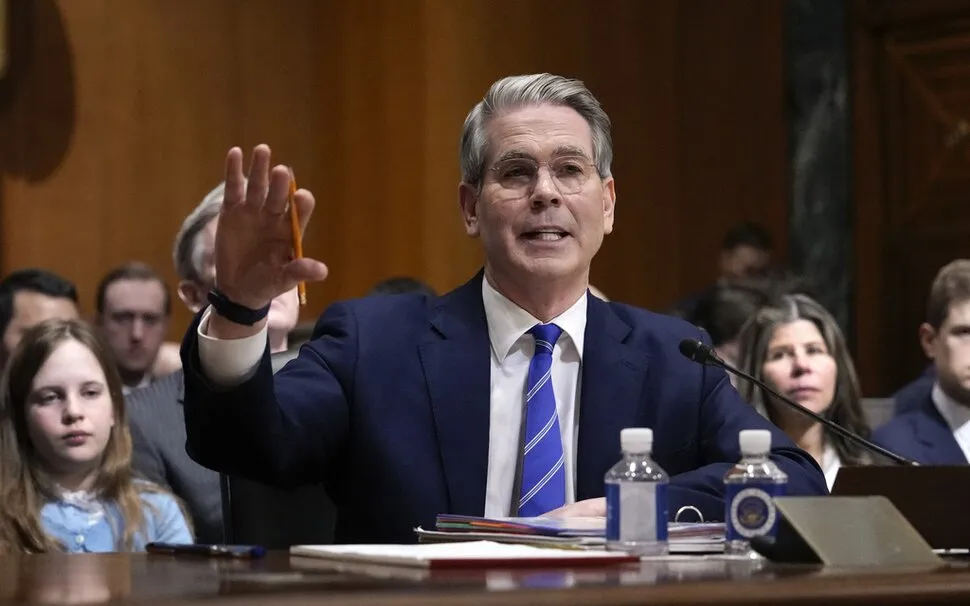
US Treasury Secretary Scott Bessent. Photo: AP
US Treasury Secretary Scott Bessent said on November 5 that he was "very optimistic" about the Supreme Court hearing on the legality of President Donald Trump's sweeping tariffs.
President Trump used the International Emergency Economic Powers Act (IEEPA) to implement the tariffs, becoming the first president in history to do so. Lower federal courts have previously ruled that President Trump lacked the legal authority under IEEPA to impose so-called “reciprocal tariffs” on imports from many of America’s trading partners, as well as special fentanyl-related tariffs on Canada, China, and Mexico.
Speaking on Fox Business Network's "Kudlow" program, Mr. Bessent said that the plaintiff's argument in the lawsuit was unconvincing. Therefore, he is confident that the Supreme Court will reject the lower court's ruling.
Asked about the administration’s plan if it had to repay the tariffs if the Supreme Court upheld the ruling, Bessent said that was a hypothetical situation the administration would have to address if it did occur. However, he also stressed his optimism that such a situation would not arise. Treasury Secretary Scott Bessent said in a September court filing that the United States could be forced to repay $750 billion or more if the Supreme Court declares the tariffs illegal.
During a two-and-a-half-hour hearing on November 5, the Supreme Court justices expressed skepticism about the legality of President Donald Trump’s sweeping tariffs on most countries around the world . They questioned whether the IEEPA law actually gives President Trump the power to impose tariffs, or whether it is an interference with the powers of Congress. The US Constitution gives Congress the power to enact taxes and tariffs.
Notably, Chief Justice John Roberts emphasized to Solicitor General D. John Sauer, who argued for the administration, that these tariffs are essentially a form of taxation on the American people. He asserted that taxation has always been a core authority of Congress .
Asked by reporters about his and President Trump’s previous statements praising the large revenue from tariffs, Mr. Bessent explained that the revenue is not the primary goal and will decrease over time. However, he also pointed out that, in parallel, higher import costs will spur domestic production. This will help generate more revenue from income taxes, thereby creating an overall balanced result. According to the Committee for a Responsible Federal Budget, if these tariffs are maintained, they will bring in about $3 trillion in additional revenue for the United States by 2035. The group said the federal government collected $151 billion from customs duties in the second half of fiscal year 2025, “an increase of nearly 300% compared to the same period in fiscal year 2024.”
If the court rules against Mr. Trump, it would be seen as a major turning point because the Supreme Court has often sided with him in important cases, including issues like tightening immigration and firing federal officials. In addition to the legal issues and the risk that the Trump administration would have to pay back the import tariffs it collected, an unfavorable ruling would affect the U.S. negotiating power and even Mr. Trump’s “America First” policy.
The Trump administration has asked the Supreme Court to issue a ruling soon, but it is not yet clear when a final decision will be announced.
Source: https://vtv.vn/bo-truong-tai-chinh-my-lac-quan-sau-phien-dieu-tran-ve-thue-quan-tai-toa-an-toi-cao-100251106154803238.htm






![[Photo] Prime Minister Pham Minh Chinh receives the delegation of the Semiconductor Manufacturing International (SEMI)](https://vphoto.vietnam.vn/thumb/1200x675/vietnam/resource/IMAGE/2025/11/06/1762434628831_dsc-0219-jpg.webp)
![[Photo] Closing of the 14th Conference of the 13th Party Central Committee](https://vphoto.vietnam.vn/thumb/1200x675/vietnam/resource/IMAGE/2025/11/06/1762404919012_a1-bnd-5975-5183-jpg.webp)
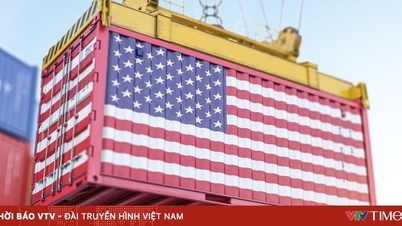
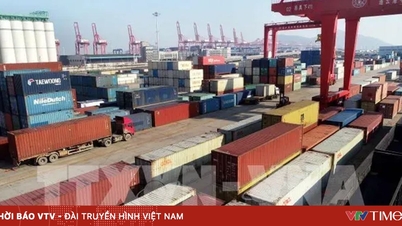








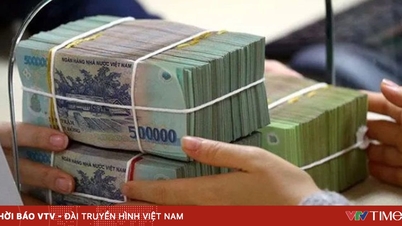











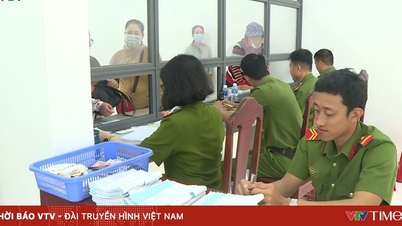
























































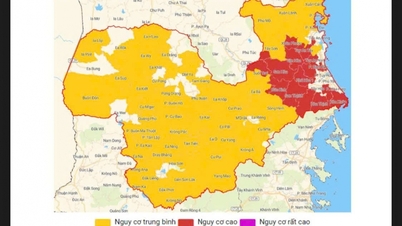





















Comment (0)